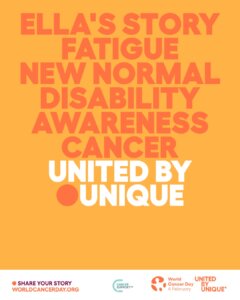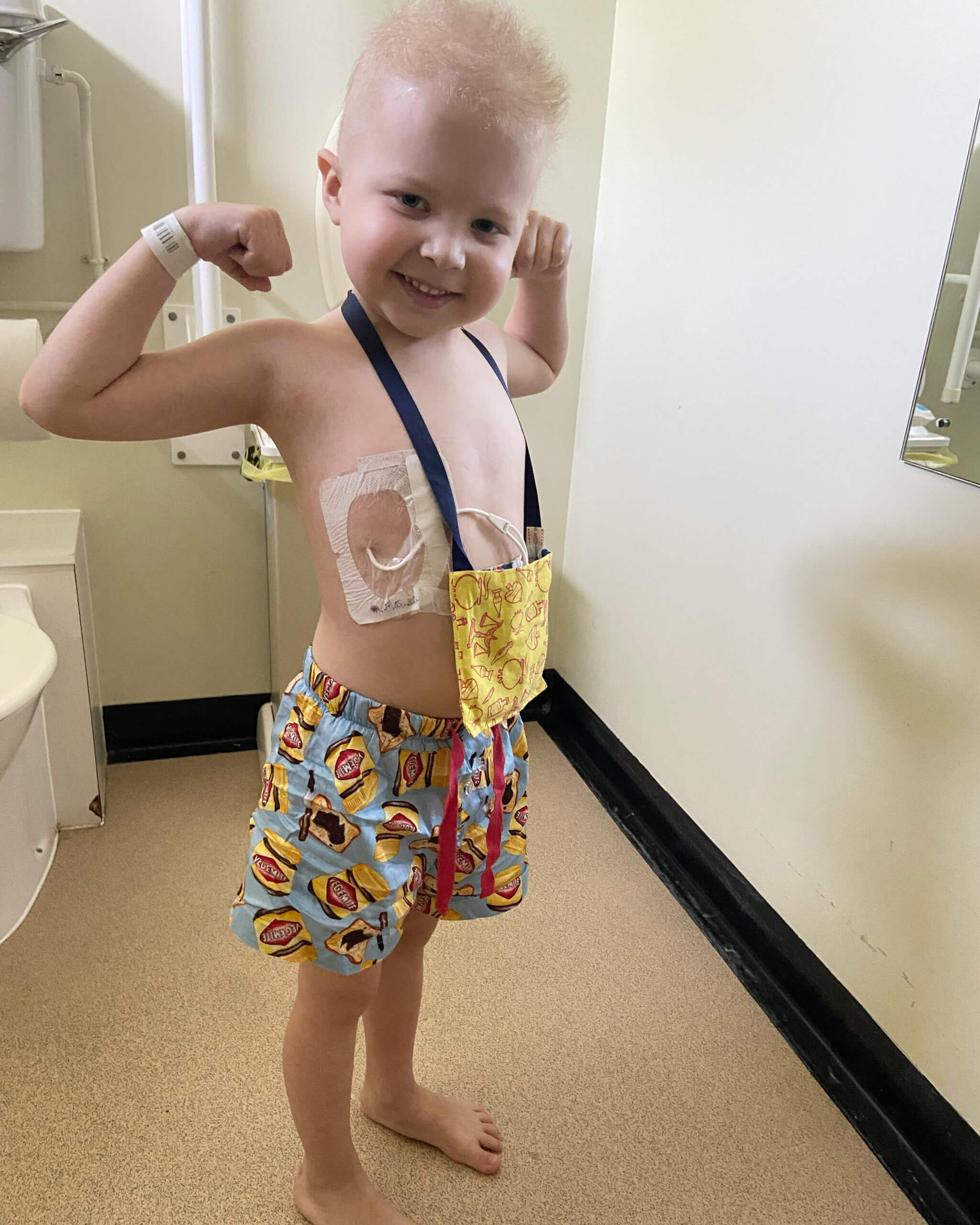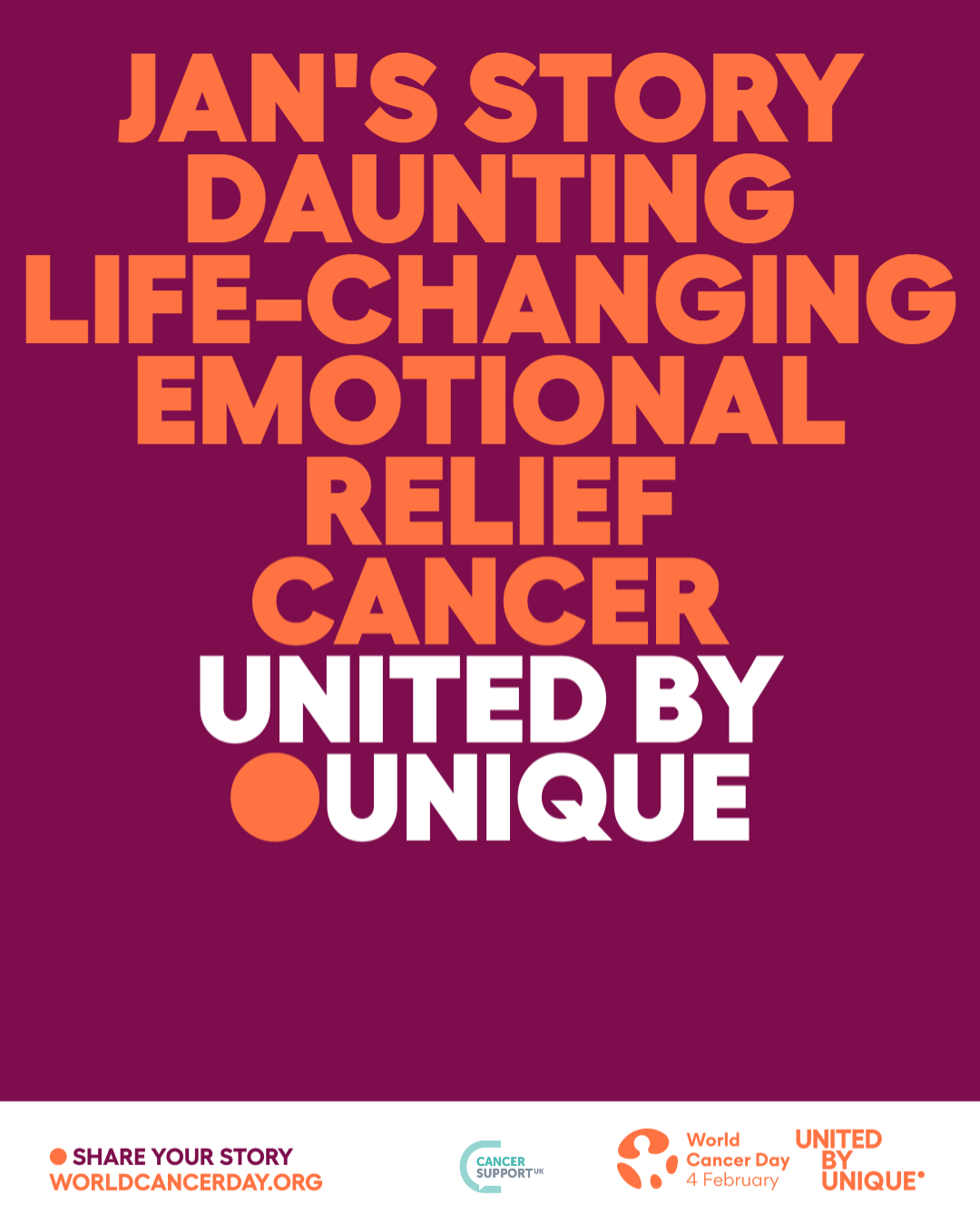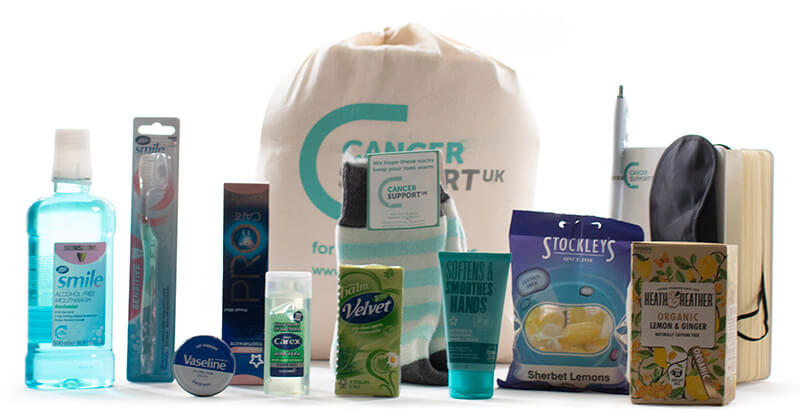Ella’s story: Returning to work after cancer – the journey beyond treatment
When I was diagnosed with cancer, my world shifted in an instant. Suddenly, everything I knew – my daily routine, my work, my sense of self – was thrown into uncertainty. Like many others facing a diagnosis, I was signed off work, taking six months to focus on treatment and recovery. But what I wasn’t prepared for was the challenge of returning to work and the lasting impact cancer would have on my professional and personal life.
Support that made a difference
Thankfully, my employer had a robust support system in place. HR referred me to our income protection provider, Aviva, who offered access to their Working to Wellbeing programme. This service was a lifeline. Through it, I received support from a wellness coach and a physiotherapist, helping me navigate both the physical and emotional toll of cancer.
When I started considering a return to work, Working to Wellbeing provided a transition template – a document designed to facilitate discussions with my line manager about the practical implications of returning after cancer treatment. This structure was invaluable in ensuring a smoother transition.
Throughout my time off, I kept my line manager informed of my plans, and I was lucky to have their full support. However, when I returned, I wasn’t sure who in my workplace knew about my diagnosis. That uncertainty made things difficult, so I chose to be transparent. Talking about it openly helped me reclaim control over my narrative, rather than letting silence or speculation define it.
The reality of returning to work
I was aware that cancer is legally considered a disability, and as soon as I returned, I updated my personal information to reflect this. However, I’m not sure my line manager fully understood that fact. This is an area where greater awareness is needed – so that managers and colleagues alike recognise that the effects of cancer don’t simply disappear once someone returns to work.
My workplace offered income protection, which made a significant difference. During my time off, I was on full pay, and once I returned, income protection provided 60% of my salary on days I wasn’t working. This financial safety net allowed me to ease back into work with a phased return over 12 weeks, supported by ongoing check-ins from Working to Wellbeing. Having this kind of structured, compassionate reintegration was crucial. But even with all this support, I still worried – what would people think? Would they understand how much radiotherapy had impacted me? Would they expect me to be “back to normal” instantly?
The aftermath of cancer – the hidden struggles
Now, 18 months after my return, I can say with certainty that cancer still affects me – just in ways that aren’t always visible. Tiredness, memory issues, social interactions – these are all aspects of my life that have changed post-cancer. The biggest challenge? Awareness.
When colleagues see you back at work, they assume it’s all over. That you’re fine now. That cancer is in the past. But the truth is, the after-effects – both physical and emotional – continue long after treatment ends. And for many of us, the ongoing struggles with medication side effects and lasting fatigue make “moving on” far more complex than it appears.
As I often say, cancer is the gift that keeps on giving.
How employers can do better
While I was fortunate to receive excellent support, not everyone has the same experience. Employers need to recognise that returning to work after cancer isn’t just about showing up again – it’s about ongoing recovery and adaptation. Here’s how workplaces can better support employees facing cancer:
✅ Understand that cancer is a disability and ensure managers are informed of what that means.
✅ Provide a structured return-to-work plan, with flexibility for phased returns and adjustments.
✅ Offer income protection or financial support options to ease the transition back to work.
✅ Foster open communication, ensuring employees feel comfortable discussing their needs.
✅ Acknowledge the long-term effects of cancer, rather than assuming recovery ends when treatment does.
✅ Ensure emotional as well as practical support is available, whether through counselling services or peer networks.
Let’s remember that cancer is more than just a diagnosis – it’s a deeply personal journey. Every individual’s experience is unique, and the best outcomes happen when support is built around the person, not just the illness.
Support beyond treatment
At Cancer Support UK, we believe that no one should have to face the emotional impact of cancer alone. Our Cancer Coach programmes provide practical and emotional support for those who have finished treatment. Whether through peer support groups, self-paced digital resources, or interactive workshops, we help people regain confidence and move forward with their lives.
For employers, our Workplace Cancer Support Training equips teams with the skills to support colleagues affected by cancer and foster a culture of compassion and understanding.
Cancer doesn’t just end when treatment does. Let’s work together to ensure no one feels alone on their journey.




